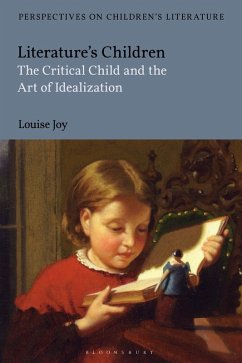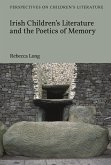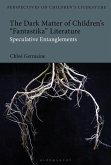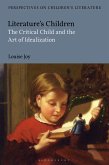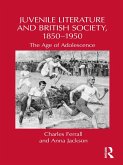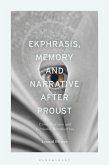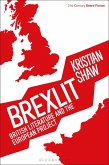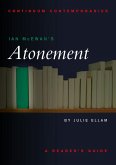Literature's Children offers a new way of thinking about how literature for children functions didactically. It analyzes the nature of the practical critical activity which the child reader carries out, emphasizing what the child does to the text rather than what he or she receives from it. Through close readings of a range of works for children which have shaped our understanding of what children's literature entails, including works by Isaac Watts, John Newbery, Kate Greenaway, E. Nesbit, Kenneth Grahame, J.R.R. Tolkien and Malcolm Saville, it demonstrates how the critical child resists the processes of idealization in operation in and through such texts. Bringing into dialogue ideas from literary theory and the philosophy of education, drawing in particular on the work of the philosopher John Dewey, it provides a compelling new account of the complex relations between literary aesthetics and literary didacticism.

